May 20, 2016 | Non categorizzato
In Slovakia (Jasná – Demänovská Dolina), 550 young people from around the world, including a group of 50 young people of the Orthodox faith – will come together in order to deepend the themes of World Youth day. Where: Grand Hotel, Demänovská dolina 72, Liptovský Mikuláš, Slovacchia Arrival: 31st July (evening) Departure: 5th August (after breakfast) Participation: 180€ Age group: 16-30 years More information: postgmg2016@focolare.org

May 20, 2016 | Non categorizzato
 At a meeting with young Argentinians in Rio de Janiero, Pope Francis advised: ‘Read the Beatitudes, it will do you good.’ Our task is to re-read the message of the Beatitudes. For three consecutive years, the Pope has chosen for us three out of the eight Beatitudes as the themes for the WYDs. Each one is elaborated on in his addresses, in which he comments on theological matters and gives the youth some tasks for the next year of spiritual work. The choice of Krakow and World Youth Day’s motto lead us to the Spark of Mercy. Since the appearance of Jesus to St. Sister Faustina, Mercy has been radiating from Krakow-Lagiewniki to the whole universal Church. Krakow is widely known as the centre of worship of God’s mercy, and young pilgrims who come will surely want to see the place of the revelations, Sister Faustina’s tomb, and the shrine – the place where St. John Paul II entrusted the world to God’s Mercy. The theme of the XXXI World Youth Day Krakow 2016 is: ‘Blessed are the merciful, for they shall obtain mercy’ (Mt 5:7). Our Holy Father Francis has chosen the fifth of the eight Beatitudes, given by Jesus in his Sermon on the Mount on the shores of the Sea of Galilee, to show the importance of the Beatitudes which are at the heart of Jesus’ teaching. In his first Sermon, Jesus presents us with eight examples of qualities that bring us closer to the Kingdom of God. Among the main events there will be the Opening Mass on the 25th of July, the Welcome Ceremony with the first meeting the Holy Father (28th July), the Way of the Cross with the WYD Cross (29th July), and then the event at the heart of World Youth Day: the Vigil with the Holy Father (30th July) and the Concluding Mass (31st July). The program will also include catechesis in various languages The Youth Festival: a religious, artistic and cultural program takes place in the afternoons and evenings during the three days of catechesis, except during the Main Events. The Youth Festival is composed of open and free initiatives of an artistic, religious and spiritual character. This aspect of WYD gives pilgrims an opportunity to participate in concerts, exhibitions, workshops, sporting events, theatre events and many others. The Youth Festival is prepared for pilgrims, by pilgrims. Everyone has the opportunity to participate not only as a spectator but also as an artist or organizer. The young people of the Focolare Movement will give their contribution towards the preparation of WYD, particularly through an event held during this Festival on 27th July in Krakow, Sports Club Plaszowianka ul. Stroza-Rybna 19 (tram stop 50, 20, 11).
At a meeting with young Argentinians in Rio de Janiero, Pope Francis advised: ‘Read the Beatitudes, it will do you good.’ Our task is to re-read the message of the Beatitudes. For three consecutive years, the Pope has chosen for us three out of the eight Beatitudes as the themes for the WYDs. Each one is elaborated on in his addresses, in which he comments on theological matters and gives the youth some tasks for the next year of spiritual work. The choice of Krakow and World Youth Day’s motto lead us to the Spark of Mercy. Since the appearance of Jesus to St. Sister Faustina, Mercy has been radiating from Krakow-Lagiewniki to the whole universal Church. Krakow is widely known as the centre of worship of God’s mercy, and young pilgrims who come will surely want to see the place of the revelations, Sister Faustina’s tomb, and the shrine – the place where St. John Paul II entrusted the world to God’s Mercy. The theme of the XXXI World Youth Day Krakow 2016 is: ‘Blessed are the merciful, for they shall obtain mercy’ (Mt 5:7). Our Holy Father Francis has chosen the fifth of the eight Beatitudes, given by Jesus in his Sermon on the Mount on the shores of the Sea of Galilee, to show the importance of the Beatitudes which are at the heart of Jesus’ teaching. In his first Sermon, Jesus presents us with eight examples of qualities that bring us closer to the Kingdom of God. Among the main events there will be the Opening Mass on the 25th of July, the Welcome Ceremony with the first meeting the Holy Father (28th July), the Way of the Cross with the WYD Cross (29th July), and then the event at the heart of World Youth Day: the Vigil with the Holy Father (30th July) and the Concluding Mass (31st July). The program will also include catechesis in various languages The Youth Festival: a religious, artistic and cultural program takes place in the afternoons and evenings during the three days of catechesis, except during the Main Events. The Youth Festival is composed of open and free initiatives of an artistic, religious and spiritual character. This aspect of WYD gives pilgrims an opportunity to participate in concerts, exhibitions, workshops, sporting events, theatre events and many others. The Youth Festival is prepared for pilgrims, by pilgrims. Everyone has the opportunity to participate not only as a spectator but also as an artist or organizer. The young people of the Focolare Movement will give their contribution towards the preparation of WYD, particularly through an event held during this Festival on 27th July in Krakow, Sports Club Plaszowianka ul. Stroza-Rybna 19 (tram stop 50, 20, 11).

May 20, 2016 | Focolare Worldwide
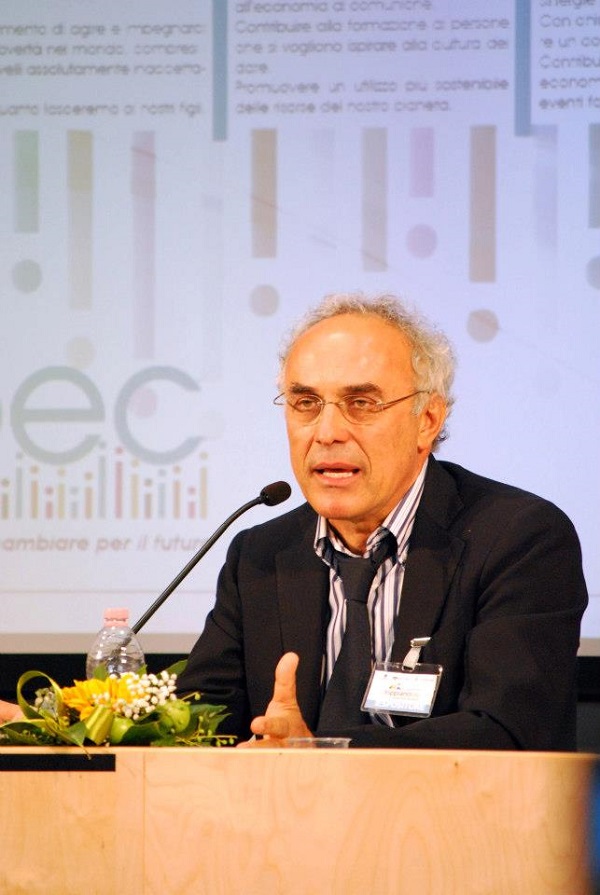 “The inspiration to form the Italian Association of Entrepreneurs for an Economy of Communion (AIPEC), goes back to 2012, during what seemed to be the worst economic crisis in Italy. It was then that a group of businessmen, members of the EoC, felt they had to react. The first step was to see if there were possibilities for their businesses to work with one another. In autumn that year, the memorandum of association was approved, along with the charter and an ethical code. The association immediately proved to be a means for the dissemination of the Economy of Communion.” Upon tracing the association’s origins, Livio Bertola, also illustrated the objectives: “The core values of the association draw inspiration from a “culture of giving.” This is why the shareholders feel the urge not to expect gains for themselves, but to find ways of doing something for the others.” What are the objectives of AIPEC and who does it address? “We are addressing businessmen, freelance professionals, cooperatives and generally, all those who wish to have a people-centred economy: employees, students, housewives, pensioners, unemployed, etc. AIPEC aims to promote the values of the Economy of Communion, and we are trying to do so as best we can: on the one hand, promoting throughout Italy, meetings with people who wish to obtain the utmost from their own work, and organising schools of civil economy with special regard for the young generations; on the other, supporting the activities of associated entrepreneurs, and enhancing the synergies that can be created among them.”
“The inspiration to form the Italian Association of Entrepreneurs for an Economy of Communion (AIPEC), goes back to 2012, during what seemed to be the worst economic crisis in Italy. It was then that a group of businessmen, members of the EoC, felt they had to react. The first step was to see if there were possibilities for their businesses to work with one another. In autumn that year, the memorandum of association was approved, along with the charter and an ethical code. The association immediately proved to be a means for the dissemination of the Economy of Communion.” Upon tracing the association’s origins, Livio Bertola, also illustrated the objectives: “The core values of the association draw inspiration from a “culture of giving.” This is why the shareholders feel the urge not to expect gains for themselves, but to find ways of doing something for the others.” What are the objectives of AIPEC and who does it address? “We are addressing businessmen, freelance professionals, cooperatives and generally, all those who wish to have a people-centred economy: employees, students, housewives, pensioners, unemployed, etc. AIPEC aims to promote the values of the Economy of Communion, and we are trying to do so as best we can: on the one hand, promoting throughout Italy, meetings with people who wish to obtain the utmost from their own work, and organising schools of civil economy with special regard for the young generations; on the other, supporting the activities of associated entrepreneurs, and enhancing the synergies that can be created among them.”  The values of Economy of Communion are expressed in two words that seem to contradict each other … “In effect, the businessmen who join the EoC make a revolutionary choice. The reason why we inserted the preposition “for” is due to the fact that firstly, we are still in the process of building a full communion and none of us has the presumption to feel that we have reached the goal, and secondly, though not less importantly, because Economy of Communion was created for the poor; it is with them that each of the businesses freely shares a part of the corporate profits. This is why we entrepreneurs feel the need to work together by sharing ideas, giving support, paying attention to the others (employees, clients, suppliers, shareholders, or even competitors), and sharing ideas, difficulties and talents. We pay special attention to the businessmen and workers who in these years are suffering the consequences of the economic and social crises.” Who can join your association? “Our network is made up of entrepreneurs and professionals who we define as ordinary partners, and also all the people who want to uphold the values of EoC and who we consider our supporter-partners. You can cooperate with AIPEC also by visiting the site which offers a lot of information on the activities of the association, initiatives and events for information and diffusion. By becoming a supporter, you can become an active part of the projects underway, and also create new projects together.” Any project in the making? “We set an ambitious objective: to spend the next three years from the actual 200 to 6,000 partners! However, personal collaboration and contributions are fundamental, especially of those who already know the EoC and wish to give their time and energy to make the “culture of giving” grow in Italy and throughout the world.”
The values of Economy of Communion are expressed in two words that seem to contradict each other … “In effect, the businessmen who join the EoC make a revolutionary choice. The reason why we inserted the preposition “for” is due to the fact that firstly, we are still in the process of building a full communion and none of us has the presumption to feel that we have reached the goal, and secondly, though not less importantly, because Economy of Communion was created for the poor; it is with them that each of the businesses freely shares a part of the corporate profits. This is why we entrepreneurs feel the need to work together by sharing ideas, giving support, paying attention to the others (employees, clients, suppliers, shareholders, or even competitors), and sharing ideas, difficulties and talents. We pay special attention to the businessmen and workers who in these years are suffering the consequences of the economic and social crises.” Who can join your association? “Our network is made up of entrepreneurs and professionals who we define as ordinary partners, and also all the people who want to uphold the values of EoC and who we consider our supporter-partners. You can cooperate with AIPEC also by visiting the site which offers a lot of information on the activities of the association, initiatives and events for information and diffusion. By becoming a supporter, you can become an active part of the projects underway, and also create new projects together.” Any project in the making? “We set an ambitious objective: to spend the next three years from the actual 200 to 6,000 partners! However, personal collaboration and contributions are fundamental, especially of those who already know the EoC and wish to give their time and energy to make the “culture of giving” grow in Italy and throughout the world.”
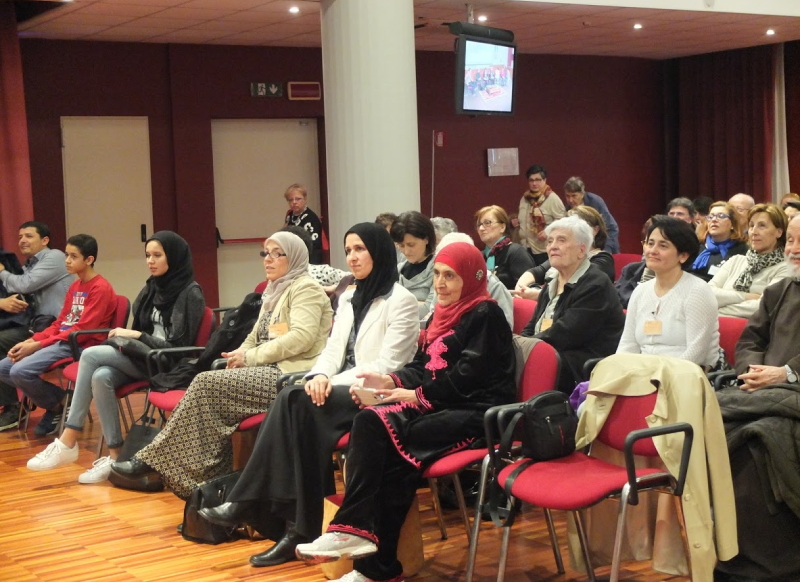
May 19, 2016 | Focolare Worldwide
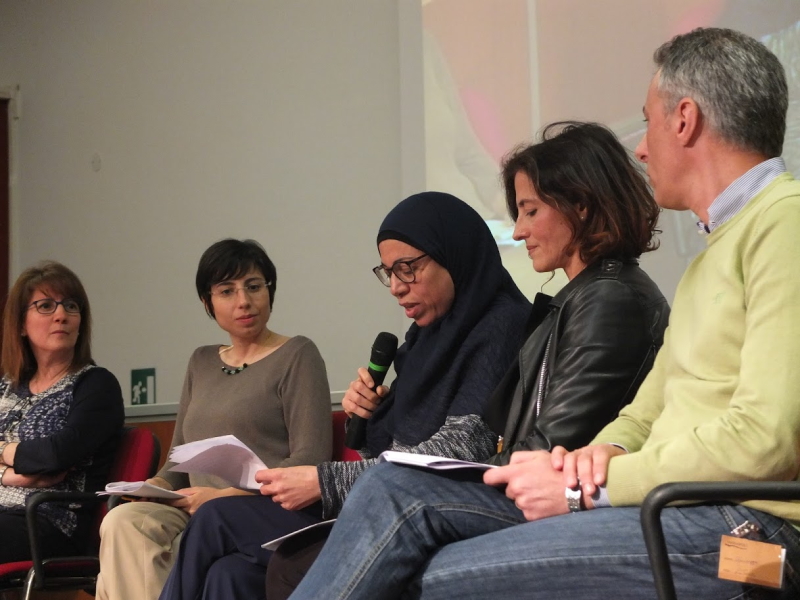
Photo: Rosario De Rosa

Foto: Rosario De Rosa
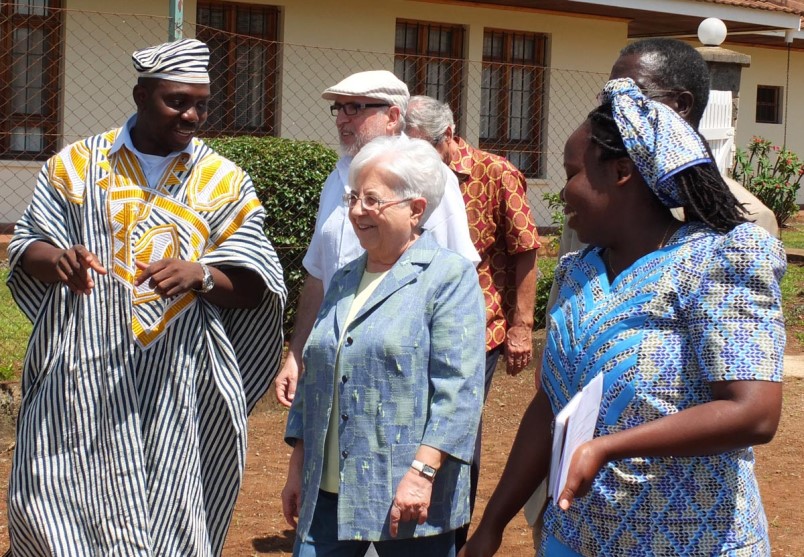
May 18, 2016 | Focolare Worldwide
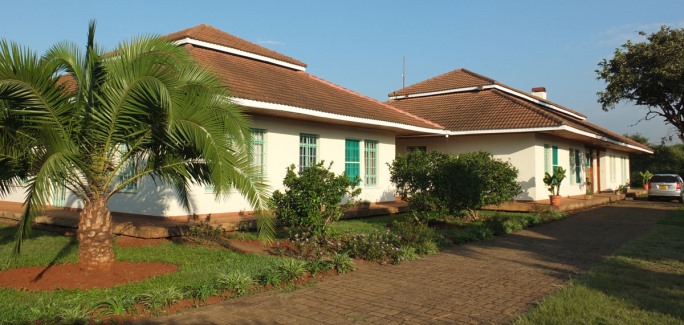
Foto © Ernst Ulz – CSC Audiovisivi

Foto © Ernst Ulz – CSC Audiovisivi
New City Africa
Video in Italian and English:
https://vimeo.com/146788855
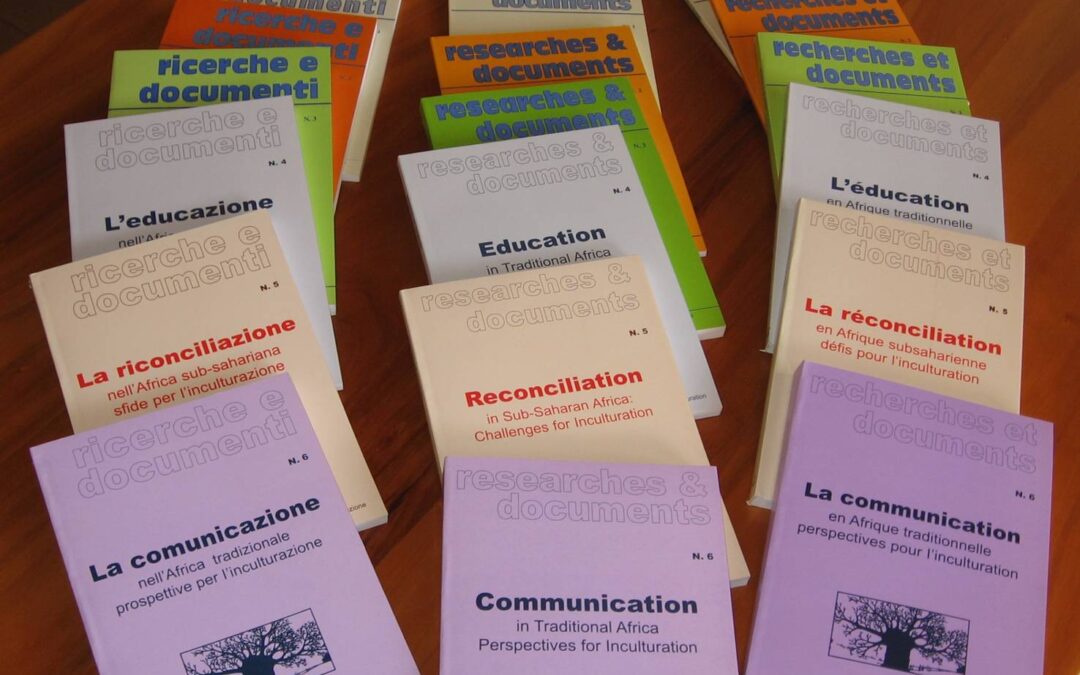
May 17, 2016 | Focolare Worldwide
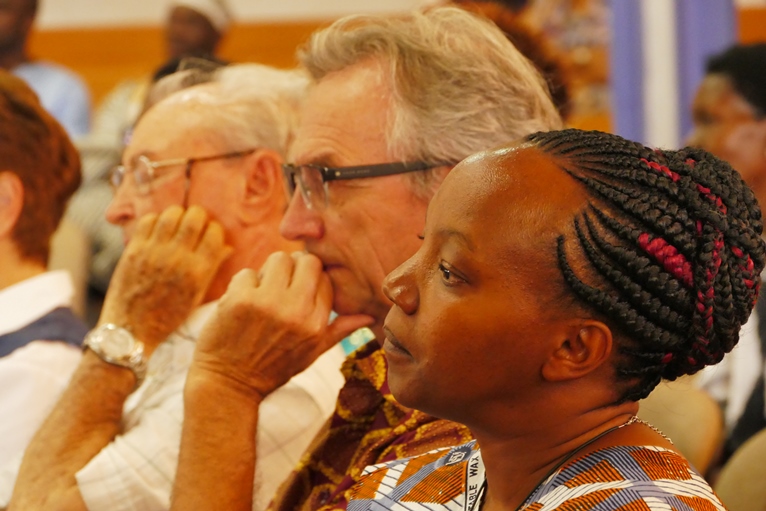
Photo: © Verônica Farias – CSC Audiovisivi
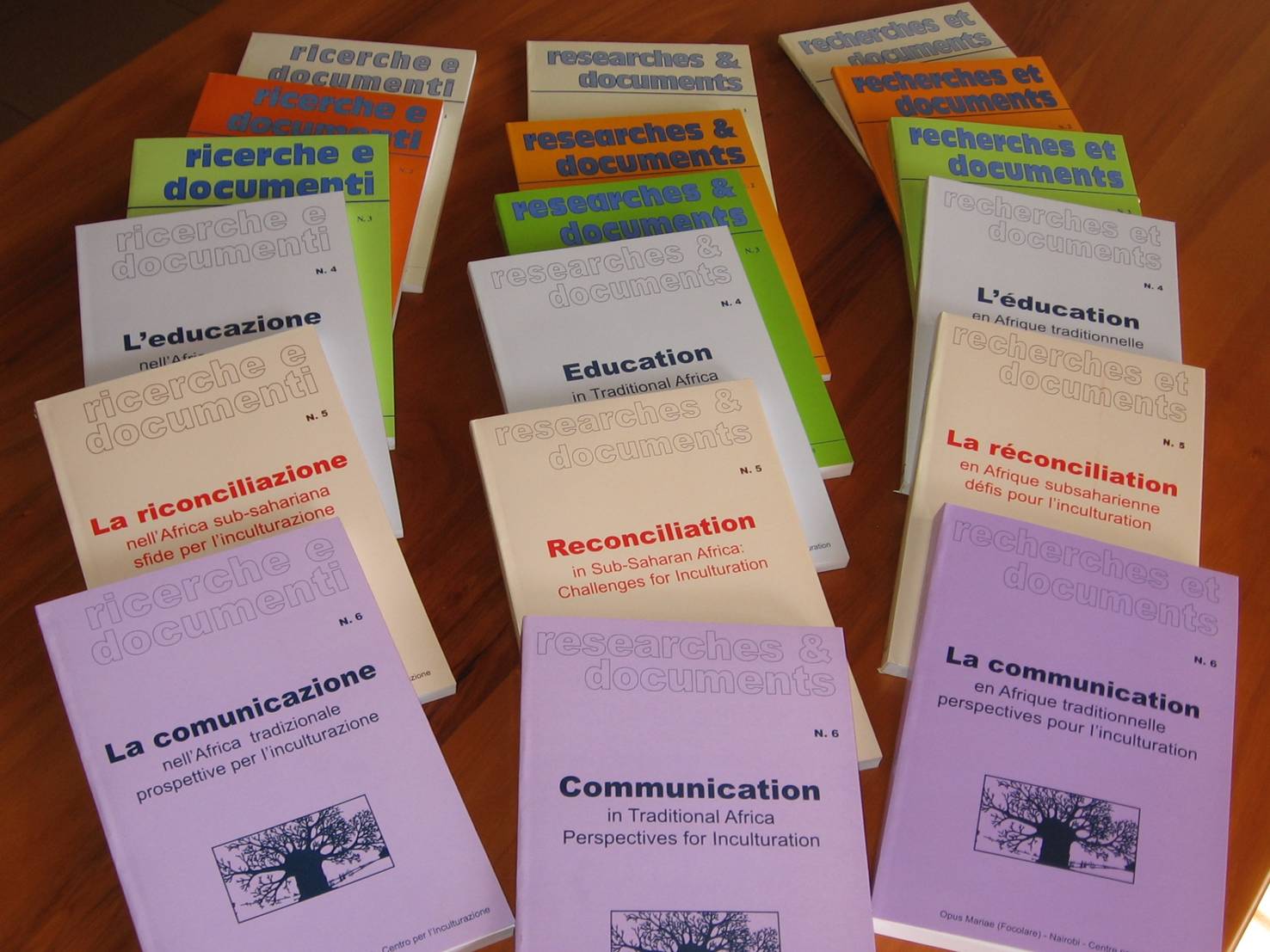 The topics that have been discussed in these years include: private property and work, the sense of the sacred, suffering and death, the reconciliation process, and communication. In 2015, the School focused on the concept of the human person in African cultures. This time we will move on to the intricacy of family relations, aware of the central role that is assigned to the family in African cultures. “We will explore the concept of matrimony in the Tswana, Zulu, Kikuyo cultures, and in cultural groups from Burkina Faso, the Ivory Coast, Congo, Angola, Nigeria, Uganda, Burundi, Cameroon and Madagascar . . . Two guiding principles have been identified: the man-woman role and the institution of marriage as an alliance, and the transmission of values in the family, which is a topic that came into relief during the School on the concept of the human person. Which values? Sharing, hospitality, participation, respect for the elders who are sources of wisdom, willingness to share immediately when necessary.” What significance does the School of Inculturation have? What is its importance for the encounter amongst African cultures, and amongst these and extra-African cultures? Cameroon focolarino and lawyer, Raphael Takougang described it in this way: “In founding the School of Inculturation during her visit to Kenya in 1992, Chiara Lubich touched the soul of the African people. She showed that she understood Africa more than you might think? Her gesture was not a mere formality but the result of a deep love for the people and their cultures that history has not always acknowledged. For more than twenty years African experts, experts on Holy Scripture and of the charism of unity have been working to highlight the “seeds of the Word that are contained in the many different cultures of the continent: first, to shed light on them for Africans themselves so that they might know and appreciate one another better. Then, it is a helping the African people better known abroad, since up until now they have been little known for much beyond famine and war. The cultural patrimony that is gradually being constituted speaks of the presence of God in the daily life of these peoples and could be a significant contribution to dialogue among the peoples of the world that are more and more becoming a “global village”.
The topics that have been discussed in these years include: private property and work, the sense of the sacred, suffering and death, the reconciliation process, and communication. In 2015, the School focused on the concept of the human person in African cultures. This time we will move on to the intricacy of family relations, aware of the central role that is assigned to the family in African cultures. “We will explore the concept of matrimony in the Tswana, Zulu, Kikuyo cultures, and in cultural groups from Burkina Faso, the Ivory Coast, Congo, Angola, Nigeria, Uganda, Burundi, Cameroon and Madagascar . . . Two guiding principles have been identified: the man-woman role and the institution of marriage as an alliance, and the transmission of values in the family, which is a topic that came into relief during the School on the concept of the human person. Which values? Sharing, hospitality, participation, respect for the elders who are sources of wisdom, willingness to share immediately when necessary.” What significance does the School of Inculturation have? What is its importance for the encounter amongst African cultures, and amongst these and extra-African cultures? Cameroon focolarino and lawyer, Raphael Takougang described it in this way: “In founding the School of Inculturation during her visit to Kenya in 1992, Chiara Lubich touched the soul of the African people. She showed that she understood Africa more than you might think? Her gesture was not a mere formality but the result of a deep love for the people and their cultures that history has not always acknowledged. For more than twenty years African experts, experts on Holy Scripture and of the charism of unity have been working to highlight the “seeds of the Word that are contained in the many different cultures of the continent: first, to shed light on them for Africans themselves so that they might know and appreciate one another better. Then, it is a helping the African people better known abroad, since up until now they have been little known for much beyond famine and war. The cultural patrimony that is gradually being constituted speaks of the presence of God in the daily life of these peoples and could be a significant contribution to dialogue among the peoples of the world that are more and more becoming a “global village”.
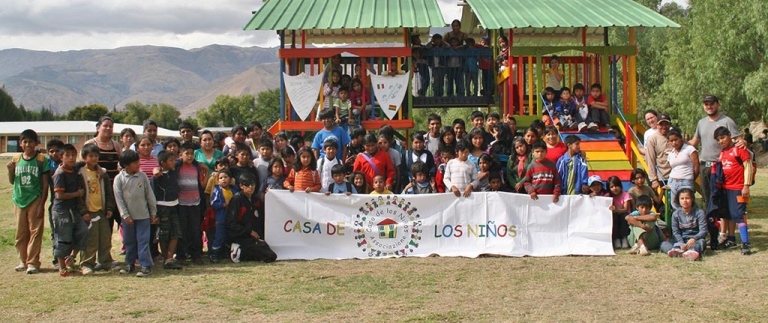
May 16, 2016 | Focolare Worldwide
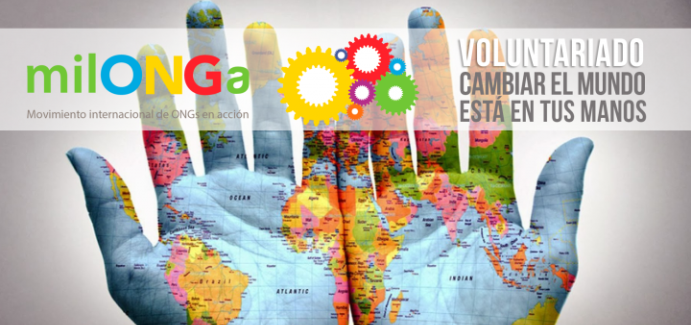 The MilONGa project is the name for a thousand NGOs in action, and offers to young people of 18 and above, the opportunity to practice the role of protagonists in the social work yards of the world’s outskirts. The initiative is promoted by the Focolare Movement in synergy with other humanitarian organisations in the territory. To implement the project, the Focolare in the five continents placed their own facilities and their experience in the field of international relations at the service of the youth, to give them the chance to become promoters of peace and dialogue, in a constant effort to build bridges among individuals, peoples and cultures. Another objective is to develop in the youth those cross-linked competencies that can make them an active part in their own group and be able to influence decision-making processes and lifestyles in their respective social settings. This is a sort of “intercultural volunteer work” which gives the new generations a way of training themselves as protagonists in the change processes, while trying to capitalise on the assets acquired with the implementation of social projects in the world. It is an occasion to learn how to take stock – in the attitude of reciprocity – of the different cultural contexts, put into practice an active citizenship, and develop their own relational and leadership competencies. All of these happen in a continual synergy with the other actors of the project, and not as isolated individuals but in a programme of growth together.
The MilONGa project is the name for a thousand NGOs in action, and offers to young people of 18 and above, the opportunity to practice the role of protagonists in the social work yards of the world’s outskirts. The initiative is promoted by the Focolare Movement in synergy with other humanitarian organisations in the territory. To implement the project, the Focolare in the five continents placed their own facilities and their experience in the field of international relations at the service of the youth, to give them the chance to become promoters of peace and dialogue, in a constant effort to build bridges among individuals, peoples and cultures. Another objective is to develop in the youth those cross-linked competencies that can make them an active part in their own group and be able to influence decision-making processes and lifestyles in their respective social settings. This is a sort of “intercultural volunteer work” which gives the new generations a way of training themselves as protagonists in the change processes, while trying to capitalise on the assets acquired with the implementation of social projects in the world. It is an occasion to learn how to take stock – in the attitude of reciprocity – of the different cultural contexts, put into practice an active citizenship, and develop their own relational and leadership competencies. All of these happen in a continual synergy with the other actors of the project, and not as isolated individuals but in a programme of growth together.  The first phase will provide assignments in the South American and Caribbean countries, to then extend to other areas where there are socially inclusive development activities that can host them, and where the youth may spend periods of one to six months, accompanied by local volunteers and tutors. Consult the portal United World Project to view the localities where volunteer services can be done and download the pdf file for registration. Subsequently, the regional coordinators will contact the subscribers for an interview, and assess with them a personalized proposal which also includes preliminary training (in collaboration with AMU, the Focolare NGO), informal teambuilding and networking activities, and present associations that will host them onsite. Upon reaching the destination, after a brief training period on the local context, the youth will start their established volunteer service, during which they will also be involved in cultural tours, participation in international events and recreational activities. For Europe, the agency in charge of the selection and dispatch of volunteers is New Humanity, for the Spanish-American regions, the Sumá Fraternidad, and for Brazil, Sociedade Movimento dos Focolari. Gustavo Clariá Website Milonga Facebook Info: mariachiarahumura@gmail.com
The first phase will provide assignments in the South American and Caribbean countries, to then extend to other areas where there are socially inclusive development activities that can host them, and where the youth may spend periods of one to six months, accompanied by local volunteers and tutors. Consult the portal United World Project to view the localities where volunteer services can be done and download the pdf file for registration. Subsequently, the regional coordinators will contact the subscribers for an interview, and assess with them a personalized proposal which also includes preliminary training (in collaboration with AMU, the Focolare NGO), informal teambuilding and networking activities, and present associations that will host them onsite. Upon reaching the destination, after a brief training period on the local context, the youth will start their established volunteer service, during which they will also be involved in cultural tours, participation in international events and recreational activities. For Europe, the agency in charge of the selection and dispatch of volunteers is New Humanity, for the Spanish-American regions, the Sumá Fraternidad, and for Brazil, Sociedade Movimento dos Focolari. Gustavo Clariá Website Milonga Facebook Info: mariachiarahumura@gmail.com
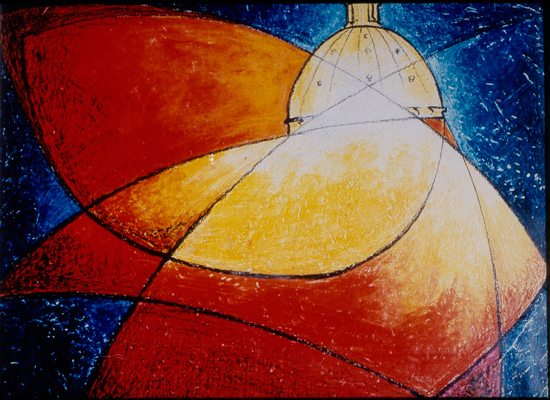
May 15, 2016 | Non categorizzato

Centro Ave Loppiano: Copyright Marika Tassi, ‘La chiesa’ – Roma 1962
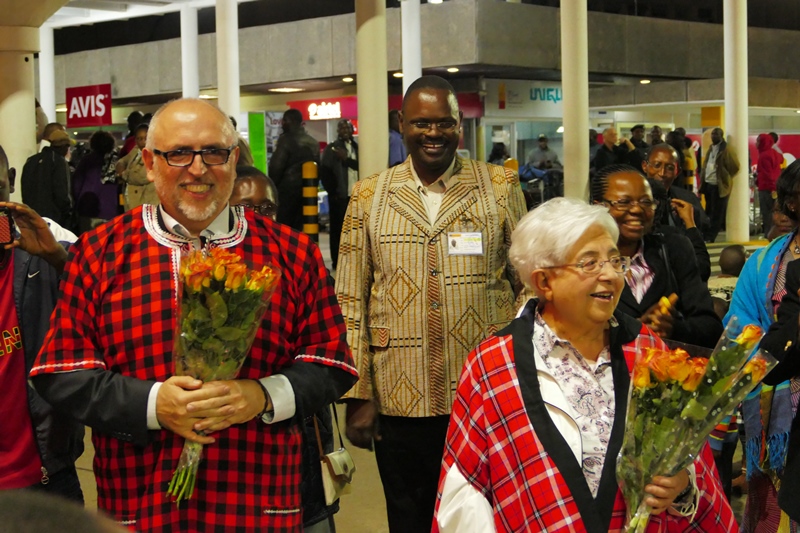
May 14, 2016 | Focolare Worldwide

Arrival at Nairobi airport. Photo © Verônica Farias – CSC Audiovisual
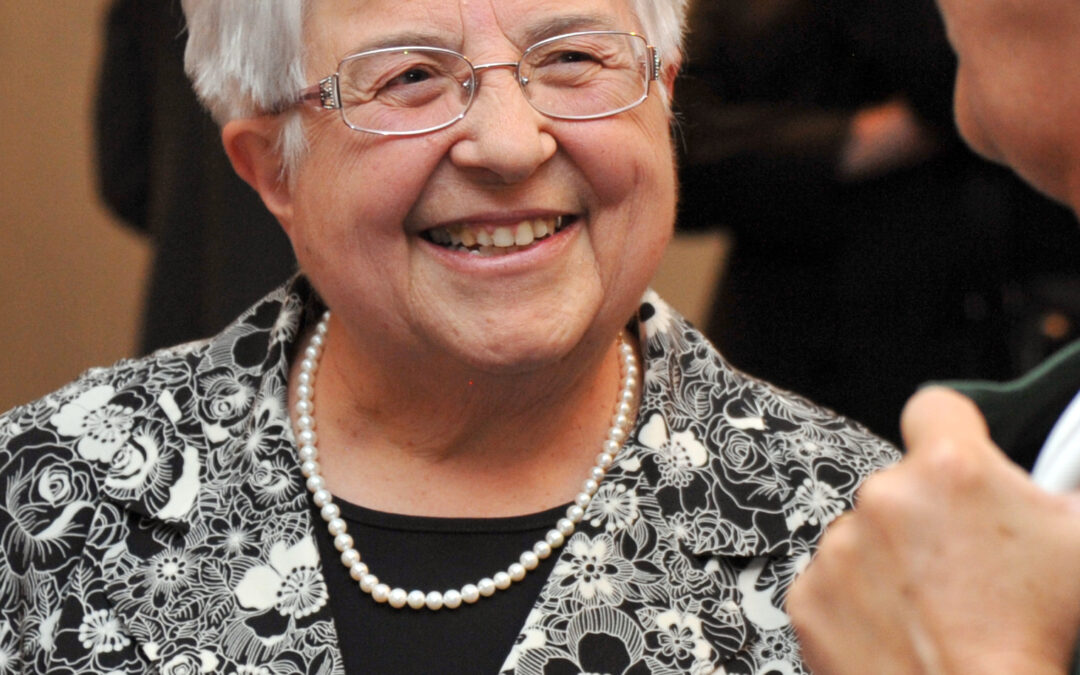
May 13, 2016 | Non categorizzato
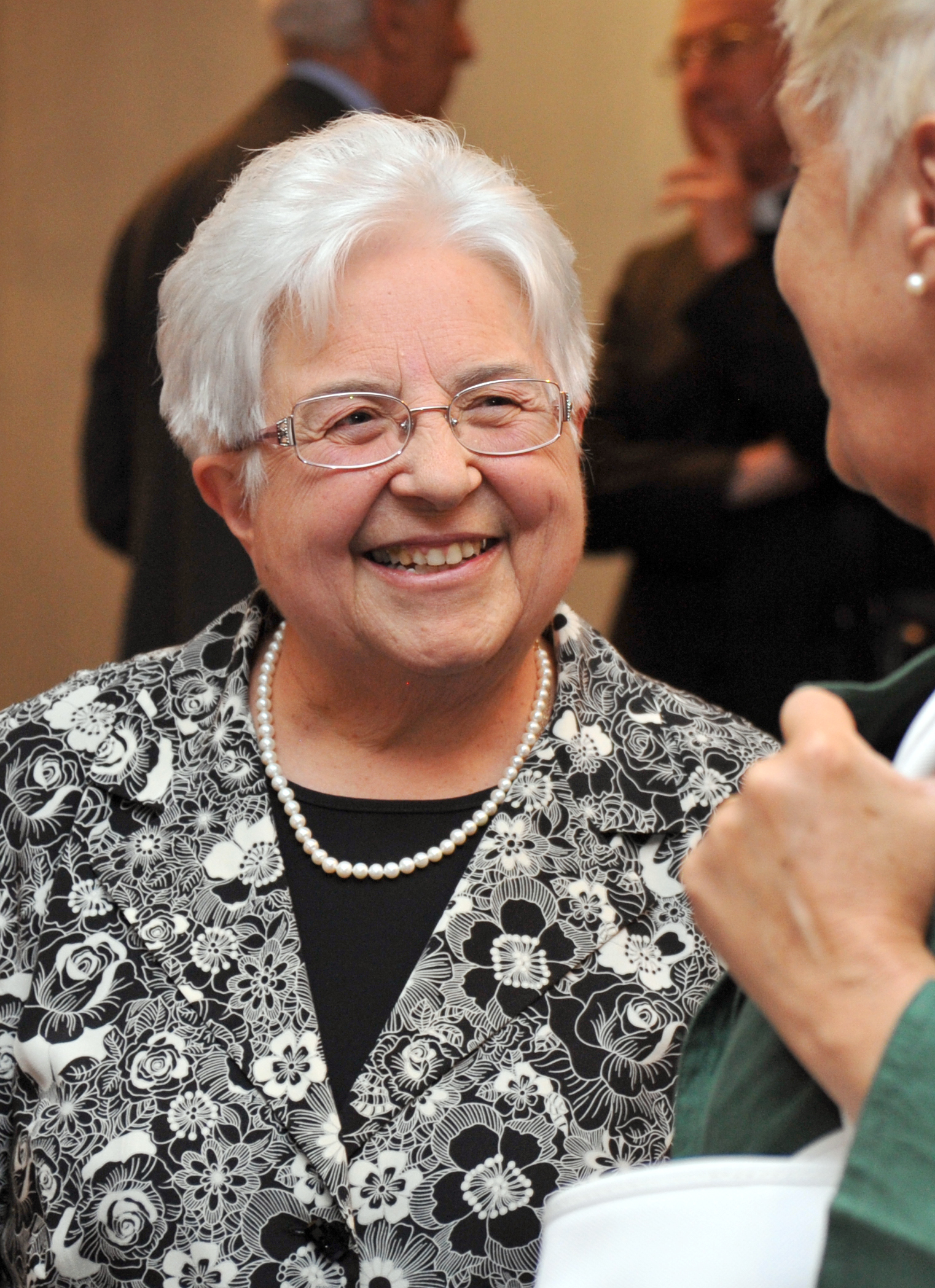
(C) Centro Santa Chiara Audiovisivi



 “The inspiration to form the
“The inspiration to form the  The values of Economy of Communion are expressed in two words that seem to contradict each other … “In effect, the businessmen who join the EoC make a revolutionary choice. The reason why we inserted the preposition “for” is due to the fact that firstly, we are still in the process of building a full communion and none of us has the presumption to feel that we have reached the goal, and secondly, though not less importantly, because Economy of Communion was created for the poor; it is with them that each of the businesses freely shares a part of the corporate profits. This is why we entrepreneurs feel the need to work together by sharing ideas, giving support, paying attention to the others (employees, clients, suppliers, shareholders, or even competitors), and sharing ideas, difficulties and talents. We pay special attention to the businessmen and workers who in these years are suffering the consequences of the economic and social crises.” Who can join your association? “Our network is made up of entrepreneurs and professionals who we define as ordinary partners, and also all the people who want to uphold the values of EoC and who we consider our supporter-partners. You can cooperate with AIPEC also by visiting the
The values of Economy of Communion are expressed in two words that seem to contradict each other … “In effect, the businessmen who join the EoC make a revolutionary choice. The reason why we inserted the preposition “for” is due to the fact that firstly, we are still in the process of building a full communion and none of us has the presumption to feel that we have reached the goal, and secondly, though not less importantly, because Economy of Communion was created for the poor; it is with them that each of the businesses freely shares a part of the corporate profits. This is why we entrepreneurs feel the need to work together by sharing ideas, giving support, paying attention to the others (employees, clients, suppliers, shareholders, or even competitors), and sharing ideas, difficulties and talents. We pay special attention to the businessmen and workers who in these years are suffering the consequences of the economic and social crises.” Who can join your association? “Our network is made up of entrepreneurs and professionals who we define as ordinary partners, and also all the people who want to uphold the values of EoC and who we consider our supporter-partners. You can cooperate with AIPEC also by visiting the 











